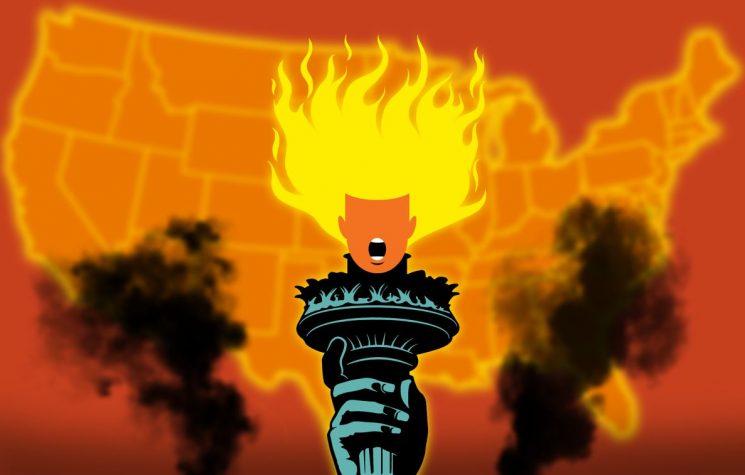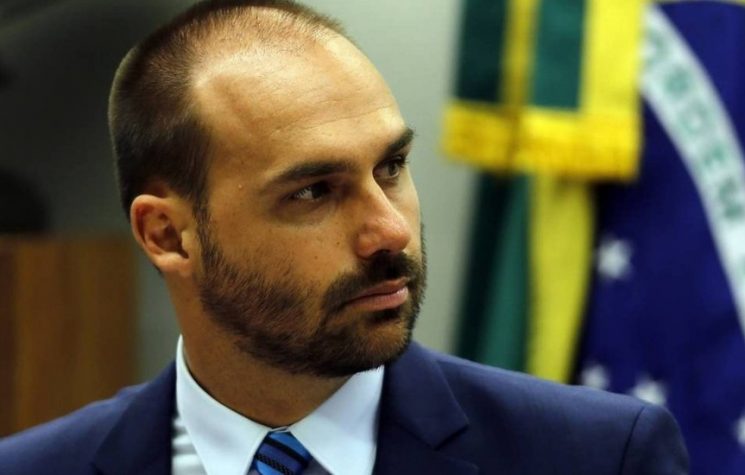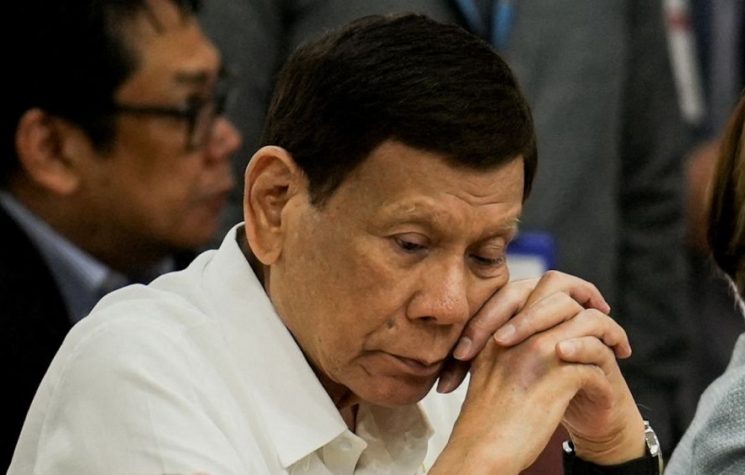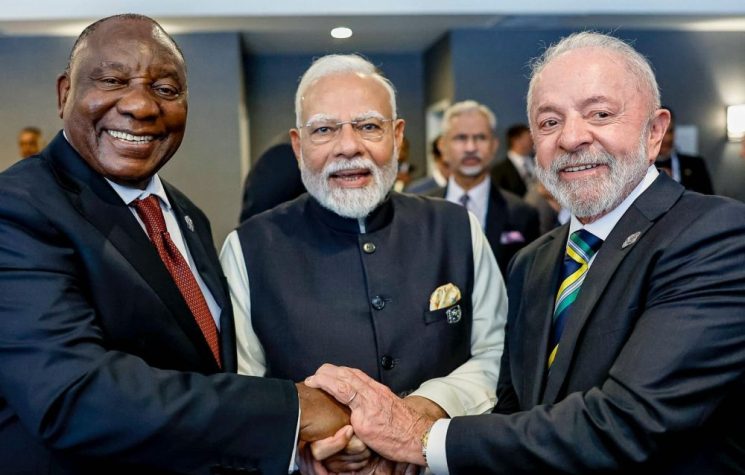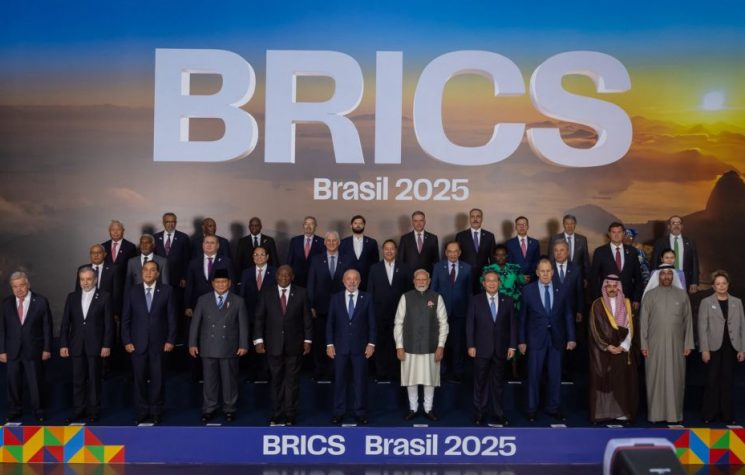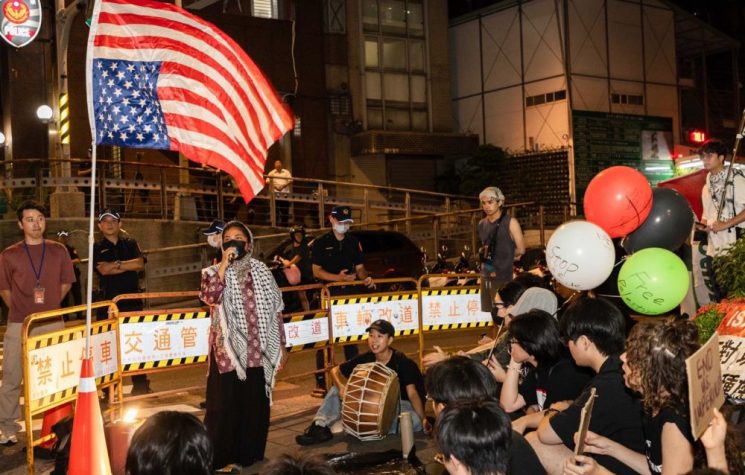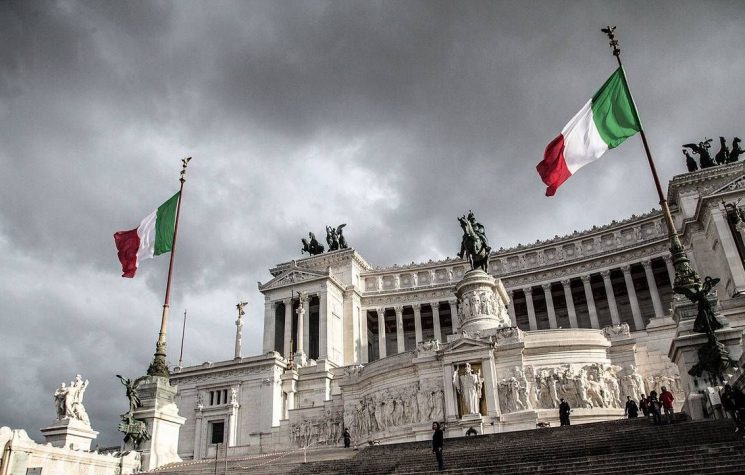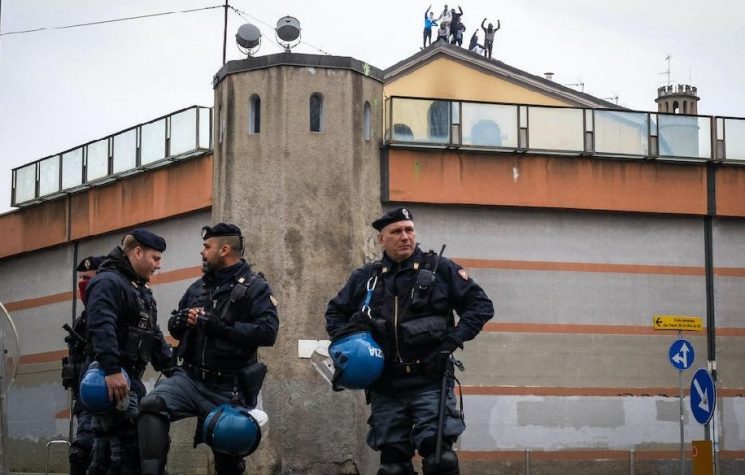The coup feared by the left certainly did not happen. But what about the coup feared by the right?
Contact us: info@strategic-culture.su
How can the current Brazilian political regime be characterized? According to those in government, Brazil is a democracy that recently escaped from a coup d’état. According to the most strident part of the opposition, there is no doubt that Brazil lives under a totalitarian dictatorship, similar to Nazi Germany. The pivot of the issue are the vandals on January 8, 2023, the day when a crowd of protesters invaded the headquarters of Three Powers in Brasilia. It was a kind of January 6 copycat.
Right and left have good reasons to believe that there was an attempted coup d’état between October 2022 (month of elections) and January 2023. On the right, there is basically a repetition of American right: no one can explain why there was no security in the buildings went, and a large part of the population does not was convinced of the fairness of the elections. While in the USA there was the issue of mail ballots, in Brazil there was the sacralization of electronic voting machines. Before 2022, everyone wanted a printed vote, with electronic voting machines like those in Venezuela. The Supreme Court was the one who didn’t allow it. Suddenly, the demand for a printed vote became a symbol of right-wing radicalism and a threat to democracy. The possibility of both sides auditing votes has ever been essential in any system that wants to look decent. Right-wingers could not say a thing about vote count, otherwise they would end up in some Supreme Court’s Kafkaesque inquiry and receive an electronic ankle bracelet.
On the left, there is the compelling fact that one of those right-wingers with an electronic ankle bracelet tried to blow up a kerosene truck next to the airport in Brasília on Christmas Eve 2024. Was it an attempt to repeat the attack at Guararapes Airport in 1966, which justified the tightening of dictatorship in Brazil? Would it be a pretext for Bolsonaro or his vice president, Mourão, to declare a state of emergency and not allow Lula to receive his new mandate? If that wasn’t enough, the controversies in the Venezuelan elections, as well as the synergy between the Venezuelan opposition and the Bolsonaro supporters, gives plausibility to an attempt of organizing a coup – especially if we think that Eduardo Bolsonaro’s legendary pendrive could have something like the fake votes that the Venezuelan opposition uploaded on a foreign website. (I call it legendary because Eduardo Bolsonaro traveled around the world claiming to have an important pendrive, and even said that he needed to go to Qatar during the world cup because of it. Of course, Eduardo’s pendrive became something like an urban legend in Brazil.)
As more information comes to light, there can be interesting discussions. However, the Supreme Court presented Madam Fátima from Tubarão (a city in the interior of Santa Catarina) as an symbol of an attempted coup d’état. The elderly woman, who did not honor her white hair, participated in the invasion and vandalism on January 8, and went viral bragging about breaking everything and defecating in the place. Well, the Supreme Court sentenced this lady to 17 years in prison for violent abolition of the Democratic Rule of Law and coup d’état, among other thing. Let’s face it: if an old woman without constipation who invades the building to break furniture and “make a mess” is an instrument capable of carrying out a coup d’état and abolishing the Democratic Rule of Law, the armies and intelligence agencies of the world they should rethink their methods and budget.
Thus, the confusion between a dictatorial intent and an actual dictatorship seems to have spread from the Supreme Court to society in general. And the consequences of this are the most unreasonable limitations on freedom of expression, since the expression of any anti-democratic intention can put democracy at risk.
***
The coup feared by the left certainly did not happen. But what about the coup feared by the right? In theory, the coup would be electoral, but their accusations of dictatorship fall on Justice Alexandre de Moraes. After all, although right-wingers believe that Lula’s election was a coup, they dont believe that Lula is a dictator. They call Lula a “friend of dictators”, and Alexandre de Moraes a “dictator”. Now, if Bolsonaro continued governing, Alexandre de Moraes would remain exactly where he is.
To further complicate the situation, the political prisoner, symbol of the right, Filipe Martins, has just been released from jail, although banned from using social media and forced to wear an electronic ankle bracelet. Who arrested him? Alexandre de Moraes. Who released him? Alexandre de Moraes. Why did he let go? The right doesn’t know how to explain it. One of his strident deputies, Marcel Van Hattem, has no qualms about calling Alexandre de Moraes a torturer on his social media. Now, if we live in a dictatorship, it is not advisable to curse or accuse the dictator, or else you can end up in a dungeon. The Brazilian right surely does not act like those who live under a dictatorship.
Strictly speaking, every dictatorship has a dictator. In Brazil, there is no clarity on is in charge. Alexandre de Moraes looks more like an agent of repression than a real ruler. The Lula government does not appear to be sovereign either – see the ministries allocated to the NGOs and embassies, such as those of Marina Silva, Sônia Guajajara and Anielle Franco. If the authority in Brazil had a face, it would be a good thing.
The right-wingers only say that we live in a dictatorship because they uses liberal criteria, which are Manichean and binary. Liberals make a checklist of things that every democracy must have or not have; and, if the regime fails in any item, it is considered dictatorship. Thus, if in Brazil there are restrictions on freedom of expression and there are violations of due legal process, this is enough for the right to conclude that Brazil, according to liberal criteria, is a dictatorship. It turns out, however, that only regimes that do not passionately adhere to the USA and NATO go through such a check-list, as liberals talk about Israel being the only democracy in the Middle East…
In the end, anyone who adopts the liberal definition of democracy will be able to consider their country a dictatorship (one could, for example, say that the USA is a dictatorship because of Guantánamo). The problem is that this leaves citizens with their brains paralyzed and their hands tied. After all, if the entire analysis is limited to binary characterization, there is nothing more to say about Brazil other than that it is a dictatorship. And, given this observation, the next step is to call for intervention from the “Free World”, so that foreigners can come and save us while we wait in our seats.
PS: I had barely finished writing this article, and the power of Alexandre de Moraes was finally confronted. Glenn Greenwald had access to more than 6 gigabytes of the minister’s private messages in WhatsApp conversations and published a denounce of his arbitrariness in the country’s largest newspaper. It has been known for years that the minister committed publicly arbitrary acts (for example, being a judge and a victim in the same process). Now, suddenly, the establishment appears to be scandalized.















